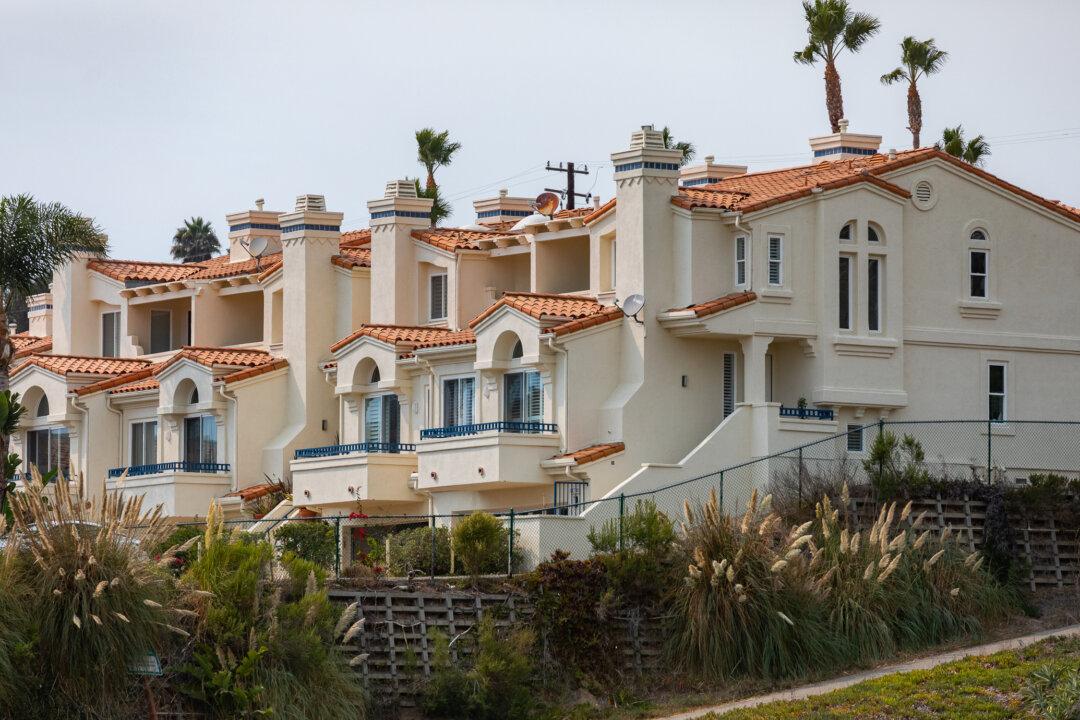Another California city has agreed to build its “fair share of housing” as state leaders continue to push for for more construction amid what they call a housing crisis.
Malibu is the latest to form an agreement with the state to complete its overdue “housing element,” a state-mandated zoning plan that includes affordable housing, which city officials agreed to finish by Sept. 23. The initial deadline for California cities like Malibu was in 2021.





